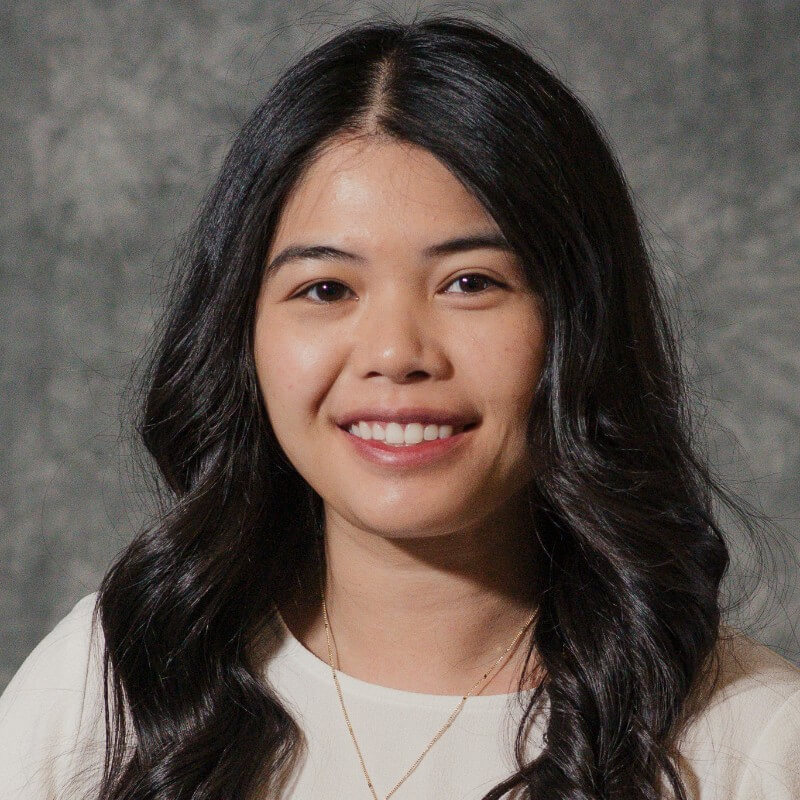What You Need to Know About Computer Lenses
In this digital age, our eyes are subjected to prolonged exposure to screens, which can lead to visual discomfort and other long-term eye issues. This is where computer lenses come into play. They are specifically designed to reduce eye strain and provide a comfortable vision while you’re using digital devices. Here’s everything you need to know about computer lenses.
Shop Similar Zenni Frames
Why Computer Lenses?
Our regular eyewear is not optimized for prolonged digital screen viewing. Normal reading or distance glasses are not designed to focus on the intermediate zone, the area where your computer screen usually lies. This often results in people craning their heads at odd angles to focus on the screen, leading to neck, shoulder, and back discomfort. Computer lenses, which have an optimized intermediate zone, can significantly alleviate this issue.
- Reduces Eye Strain: Extended hours in front of a computer often causes eye strain, dryness and even headaches. Computer lenses reduce these symptoms by providing an optimized viewing distance of your computer screen.
- Blue Light Protection: Many computer lenses come equipped with a special blue light filter that helps protect your eyes from harmful blue light emitted by digital screens. This feature can reduce potential damage to your eyes and improve your sleep.
- Improves Posture: Computer lenses allow you to view your screen without having to tilt your head or squint your eyes, helping to maintain a good posture and prevent physical discomfort.
Types of Computer Lenses
There are various types of computer lenses available, each designed to accommodate different user needs.
- Single Vision Computer Glasses: These are designed to have the same focal power throughout the entire lens and are optimized specifically for intermediate use.
- Occupational Progressive Lenses: For those who need a computer lens but also have moderate-to-high presbyopia where a single vision lens doesn’t make the cut, an occupational progressive lens is a great option. These lenses are similar to progressives lenses where multiple focal distances are fitted seamlessly within a single lens. They provide clear vision at multiple distances and are perfect for multitasking.
- Bifocal Computer Glasses: Bifocals can be optimized for both reading and computer work. The top part of the lens is used for viewing the computer screen while the bottom part is used for reading.

Getting Your Perfect Pair
To get the maximum benefit out of your computer glasses, it’s crucial to have your eyes professionally examined and your glasses perfectly suited to your needs. Remember, a well-fitted pair of computer lenses can significantly increase your comfort and productivity at work.
Your eye care professional will typically ask about the distance between your eyes and your computer screen, as well as the nature of your work, before prescribing the perfect pair of computer lenses. Additionally, they can also advise you on lens coatings and tints that could further increase your comfort.
Computer lenses are a practical solution for the digital age. If you’re someone who spends hours in front of a screen, it’s time to consider getting a pair. They will not only provide comfort and protection but also contribute to your overall eye health. Shop Zenni’s Blue Light Glasses to find the perfect pair for your vision needs and individual style.





 Canada
Canada